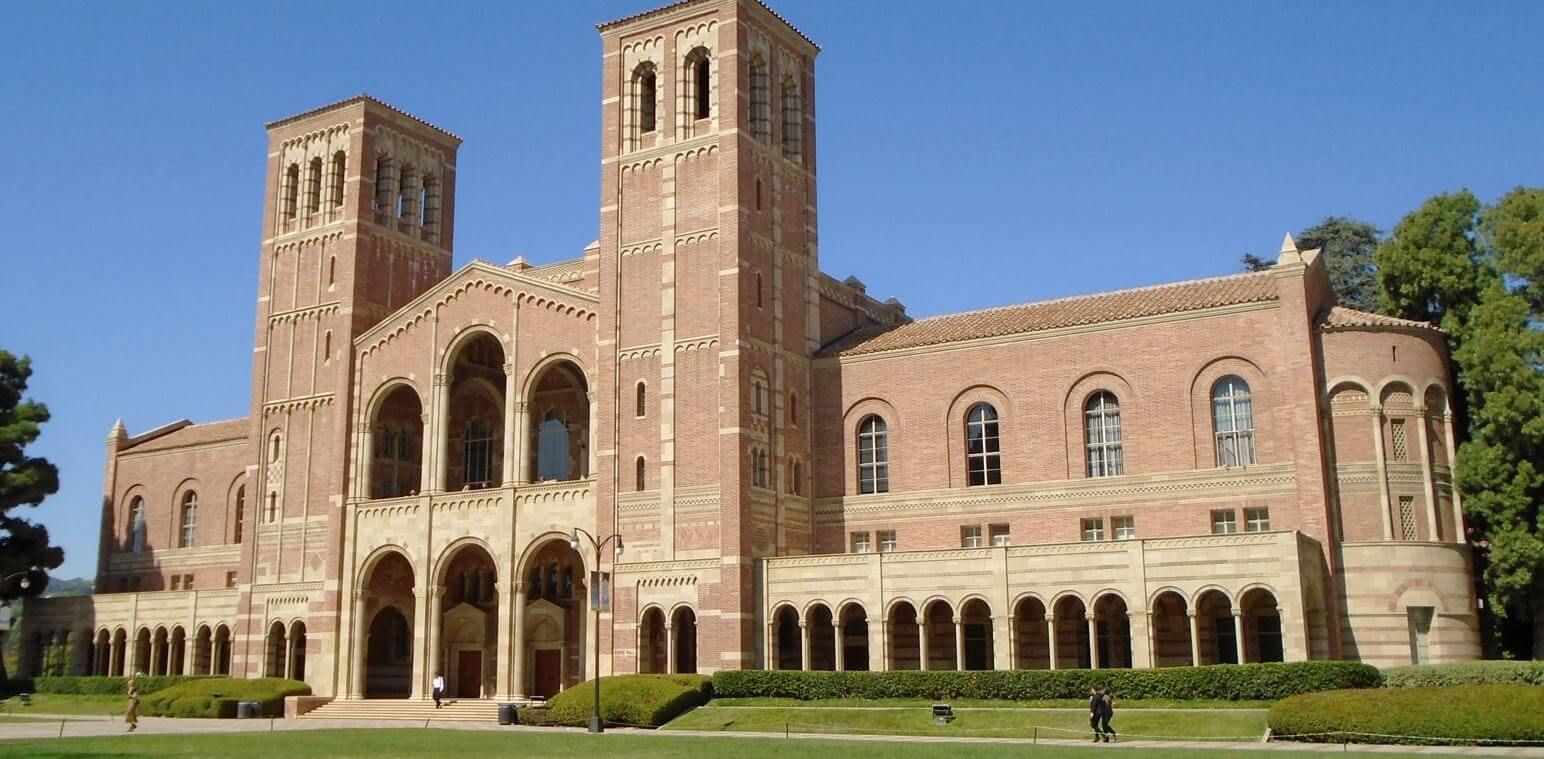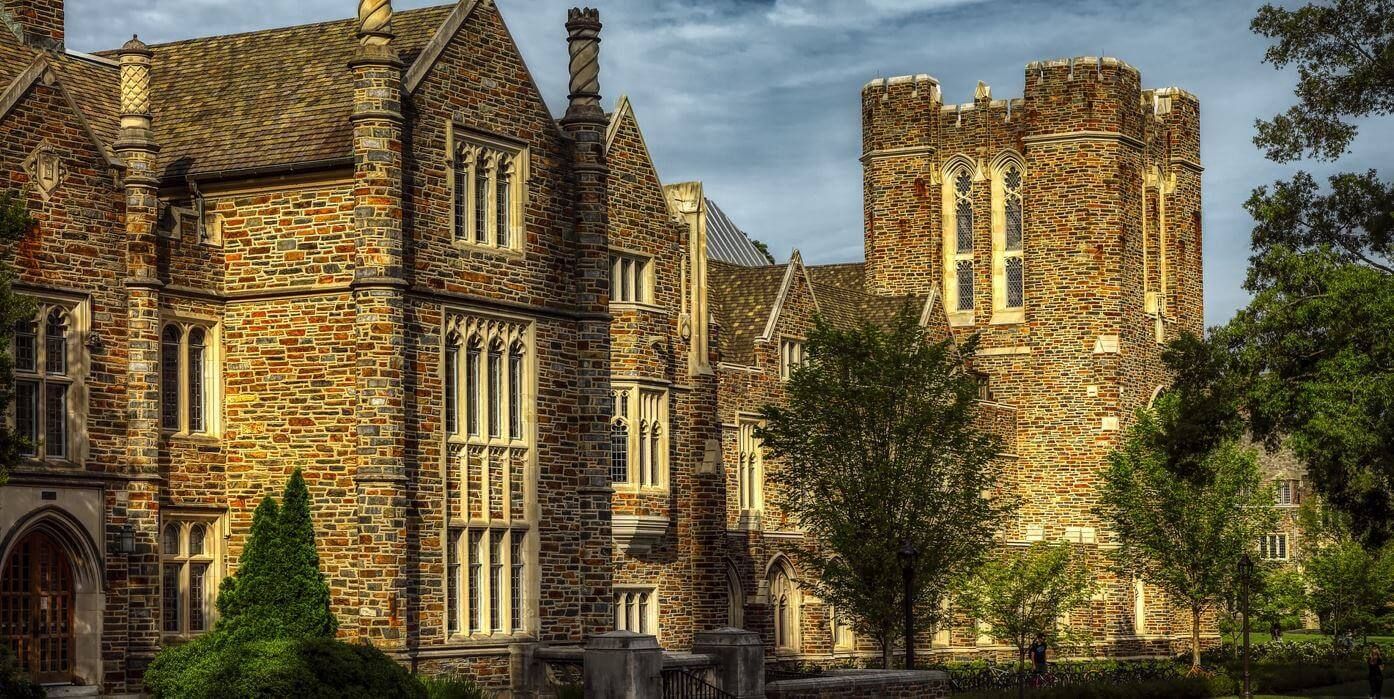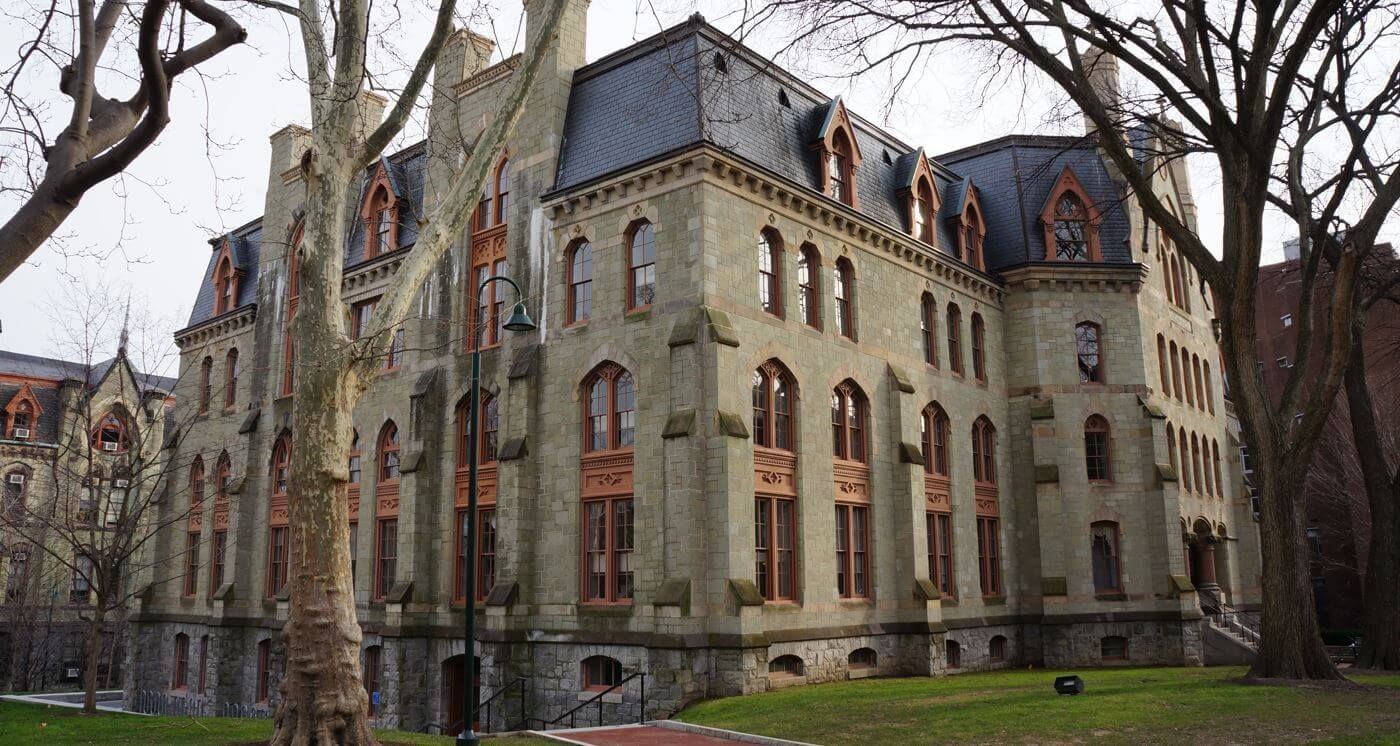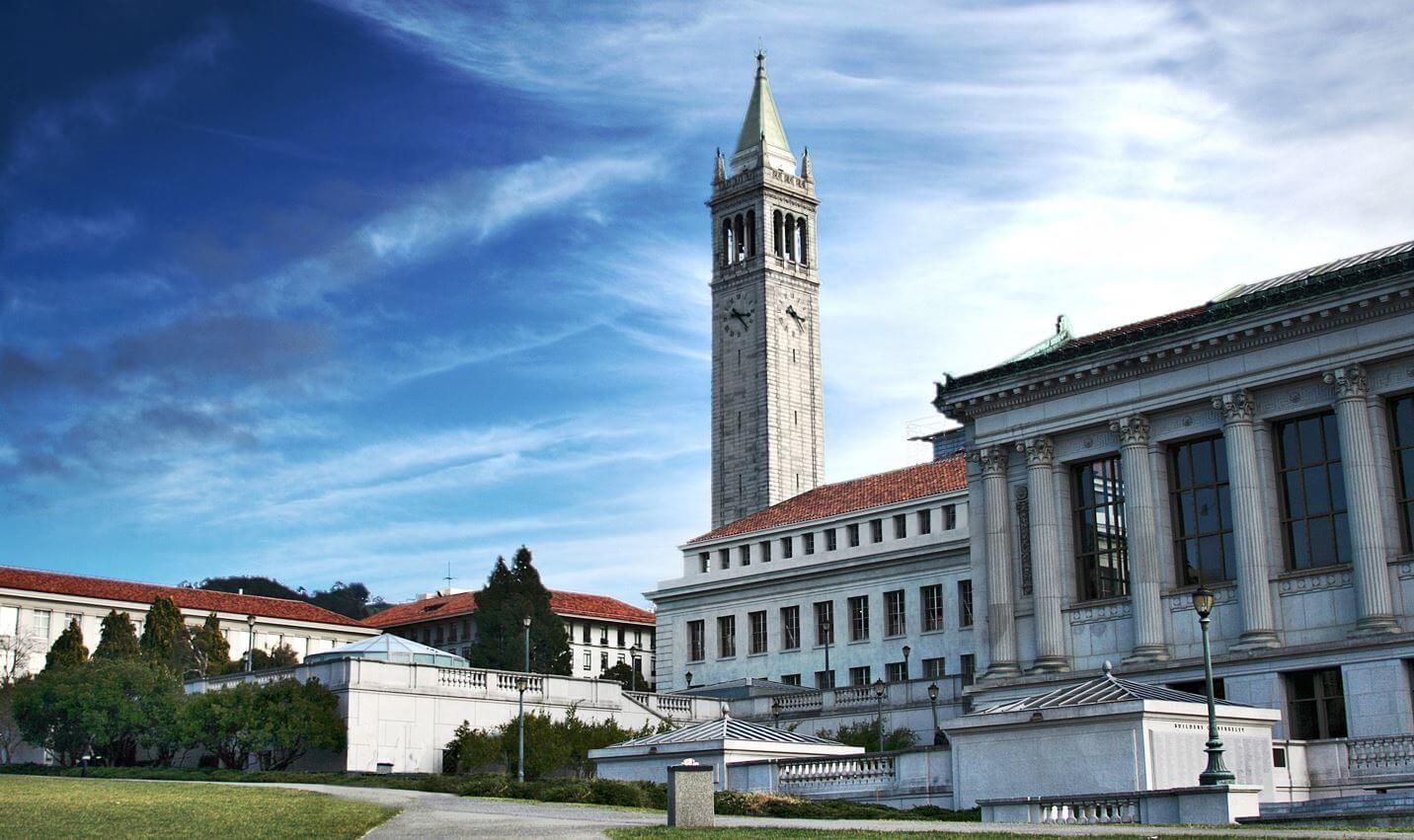17 Top-Notch Summer School Programs for College-Bound Teens
Read now/f/64062/1000x667/e45d77d0a9/campus-2.jpg)
/f/64062/640x427/aa1bb32a2c/simon-rae-igobsr93i7y-unsplash.jpg)
Not surprisingly, the increase in social media usage and the need for instant gratification have increased social pressures and mental health issues, especially among teens and young adults. Thankfully, mental health education has also improved. Some of those same young people now have strong desires to work in psychiatry and therapeutic fields, helping others and lessening the mental health strain on society.
Students with a passion for helping others are looking for universities with exceptional mental health programs. As mental health awareness becomes less taboo, more people will want to pursue careers in psychiatry and medicine. Medical school applicants are looking for solid schools that boast research, shadowing, and extracurricular opportunities. Entrance into these universities will inevitably be more competitive. Even if they don’t pursue medicine, students who want to become therapists will still face graduate school admission challenges as they seek out the best-accredited master’s programs.
Universities with standout mental health programs give graduates distinct advantages in their fields, from solid academic programs and exceptional opportunities outside the classroom to graduate and medical school placements. The following are some of the best schools in the United States to study for a degree in mental health.
Note: This list only focuses on an undergraduate degree in Psychology because it is the most common degree for those pursuing a mental health career pathway. Many descriptions are paraphrased from the respective school’s websites and edited to include important information.

Los Angeles, California
The UCLA psychology department presents psychology as a scientific discipline that employs inquiry methods to study and explain various behaviors. UCLA Psychology uses a range of underlying variables, including neural, physiological, cognitive processes, developmental factors, and individual differences, to explain social and interpersonal influences, interactions, and contexts.
The undergraduate curriculum structure is designed to reflect an extensive breadth of psychology regarding the range of behavioral phenomena studied and the various methods and theoretical approaches employed. The curriculum allows students to pursue the areas that interest them most in greater depth.
Beyond introductory core courses, students can take many specialized courses in psychobiology, animal behavior, learning and memory, motivation, perception, cognition, measurement, personality, clinical, social, developmental, community, and health psychology. The curriculum also provides excellent opportunities for research experience, either in laboratory courses or by participation with faculty and graduate students in a wide variety of research projects.
Learn more about UCLA and calculate your chances of getting in with our college admissions calculator.

Durham, North Carolina
Duke University’s Department of Psychology & Neuroscience is recognized for its research and training in clinical psychology, cognition and cognitive neuroscience, developmental psychology, social psychology, and systems and integrative neuroscience. Duke is also one of the world’s leaders in theoretical and applied psychological research and is a hotspot in producing psychiatrists interested in academia and innovation.
Duke also has the Duke Kunshan University in China’s Jiangsu province, a partnership between Wuhan University and Duke University. The pre-medical education at Duke Kunshan is exemplary, with their behavioral sciences (with a concentration in psychology) being a unique area of study rarely seen elsewhere.
Learn more about Duke and calculate your chances of getting in with our college admissions calculator

Philadelphia, Pennsylvania
Psychology at Penn focuses on how humans perceive information in the world, how they process that information, and how they respond emotionally and cognitively. Penn also emphasizes how humans learn about their surroundings and how their mental processes change over time. Because of its content breadth and methodology, the psychology department regularly connects with other disciplines and interdisciplinary activities at the university.
Psychology is often used as a liberal arts education focus or as a complement to another program. Psychology at Penn provides the analytic and conceptual skills relevant to becoming a thinking person. This major also serves as the foundation for any number of other careers.
Learn more about U Penn and calculate your chances of getting in with our college admissions calculator.


Berkeley, California
Psychology as a scientific discipline at Berkeley aims to describe, understand, and predict the behavior of living organisms. In doing so, the psychology program at Berkeley embraces the factors that influence behavior, including sensory experience, complex cognition, the role of genetics versus social and cultural environments, the processes that explain behavior in early childhood to those that operate in older ages, and typical development to pathological conditions. The psychology department at Berkeley reflects the diversity of psychology disciplines, covering six critical research areas: behavioral and systems neuroscience, clinical science, cognition, cognitive neuroscience, developmental, and social-personality psychology.
Berkeley’s program learning goals focus on fostering methodological, statistical, and critical thinking skills that are not tied to any particular content area in psychology but are relevant for all of them.
Learn more about UC Berkeley and calculate your chances of getting in with our college admissions calculator.

Cambridge, Massachusetts
The field of psychology first emerged at Harvard in the late 1800s under the scholarship of William James. Since then, Harvard has been at the forefront of the field. The Harvard Department of Psychology has a long and rich history, and its past faculty and researchers have included some of the most famous names in psychology, including B.F. Skinner, Gordon Allport, Jerome Bruner, George Miller, and Henry Murray.
In 2007, the Chronicle of Higher Education published a quantitative survey that ranked Harvard as #1 among psychology departments in Faculty Scholarly Productivity. With an endowment like Harvard’s, students will have nothing but ample opportunities to engage in research. Harvard is another school where graduates typically find themselves in academia or innovation.
Learn more about Harvard and calculate your chances of getting in with our college admissions calculator.
Stanford, California
Stanford’s Department of Psychology has a long-standing tradition of ground-breaking theoretical research that has made a powerful impact on the world. The department is ranked as one of the top psychology programs in the nation and has been a leading psychology department among American universities for decades. This extraordinary achievement was honored by the Smithsonian Institution in Washington D.C. in 2003.
As with many top universities, graduates from Stanford’s psychology program commonly find themselves in a professorship role in academia or researching at leading laboratories and industries worldwide.
Learn more about Stanford and calculate your chances of getting in with our college admissions calculator.
Crimson Education is the world’s leading university admissions support company specializing in helping students gain entry to some of the world’s most competitive universities. Our holistic approach provides support across all areas of the U.S. and U.K. university application process. We assist you in finding your best-fit university, creating a personalized roadmap, acing your standardized tests, craft the perfect essay, build candidacy through extracurriculars, and more. Find out more about our Admissions Support program.